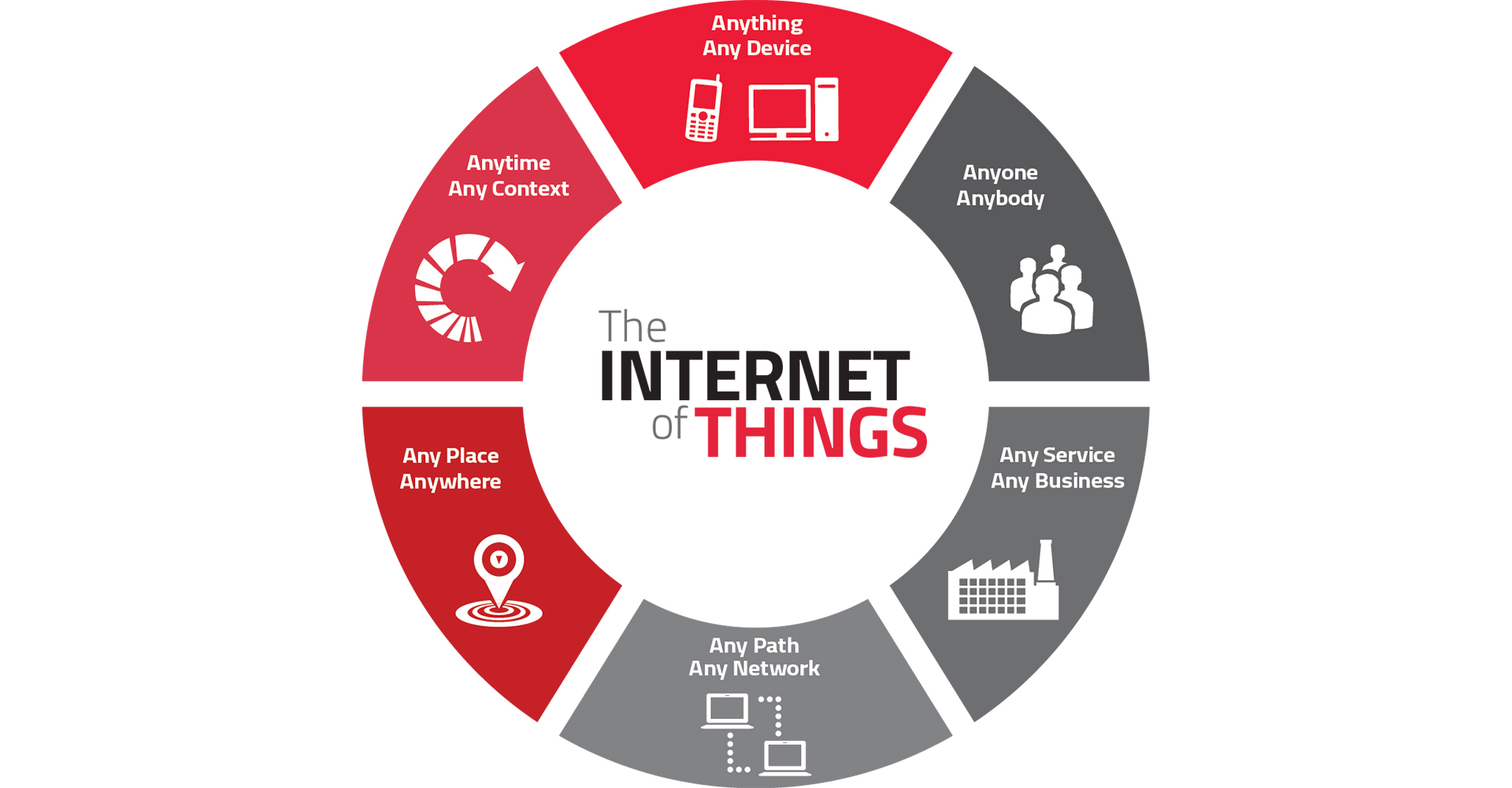The commercial refrigeration sector is undergoing a shift in the way that technology is being integrated into products in development and new products entering the market. At the forefront of this shift is Internet of Things (IoT) technology. IoT technology is being integrated into commercial refrigeration units to provide more robust monitoring capabilities and place greater control into the hands of operators. In doing so, IoT technology has enabled increased efficiency gains in commercial refrigeration units, resulting in cost reductions for the end-user. In this article, we’ll outline some of the most exciting applications for IoT technology in the commercial refrigeration sector, and discuss how these applications will impact the user experience and bottom-line of the end-user.
1) Real-Time Monitoring
One of the most critical functions that IoT integration into commercial refrigeration units will provide is the capability of real-time monitoring. Users will be able to monitor internal and external temperature, humidity, power usage, and much more through the sensor apparatus of an IoT system. This monitoring provides two important functions. First, it allows users to gather a large amount of data about their systems and usage patterns, giving them actionable insights into their operations and resource consumption. Second, IoT real-time monitoring will enable managers to assess conditions at any time, from anywhere. This will empower management to interact their systems remotely, saving time and manpower. The beauty of an IoT integrated system lies in its ability to be remotely managed, while not requiring micromanagement. You can set alerts for certain system thresholds, and receive notifications once those thresholds have been met. For example, since it is operationally critical for you to keep perishable items at a certain temperature, if the temperature in your units rises above that level you will receive a notification immediately. This allows management to proactively address real-world conditions remotely, enabling them to maintain a full-field view of their equipment deployment from their phone or computer.
2) Increased Efficiency
In today’s commercial refrigeration marketplace, having units that run at peak efficiency is no longer a luxury, but has become a necessity. IoT technology makes a significant, measurable impact to the efficiency of commercial refrigeration units. Through the sensor nodes that provide data to the IoT network, your commercial refrigeration unit will be able to analyze real-world conditions and adapt to them in real-time. What this means for commercial refrigeration units is reduced waste and excess in operations. This will, over time, significantly impact the bottom-line of operating costs for commercial refrigeration units. Through real-time monitoring, your refrigeration units will work hard when they need to, and enter a low power consumption state when they don’t. An added benefit of this approach is greater longevity for refrigeration units, while also reducing maintenance costs over the life of the unit.
3) Maintenance and Diagnostics
IoT technology will, in many cases, allow management to foresee equipment failures before they arise. Through the foresight provided by an IoT integrated refrigeration unit, management will be able to schedule predictive maintenance on their units. This will reduce maintenance costs, while also minimizing downtime and the impact that equipment failure has on operations. The diagnostic functionality that IoT systems provide will enable your maintenance techs to diagnose equipment functionality remotely. This is extremely beneficial for operations that are spread across a wide geographic area, as it enables intelligent deployment of resources where they are needed most. At the same time, the diagnostic functionality of IoT integrated systems will reduce manpower costs through pinpointing exactly what the problem is the first time, eliminating costly and time-consuming repairs that may or may not fix the problem.
4) Enhanced Control
IoT integrated commercial refrigeration units place total unit control into the hands of management and maintenance teams. An IoT based system will constantly stream real-time data that is critical for gauging the operational health of your entire network of refrigeration units. Through this data, you will be able to determine the real-time functionality of your units, whether they are operating at peak efficiency, and whether your operational settings are ideal. Additionally, many IoT integrated units allow the user to control and change settings for their units remotely. If a unit is running to cold, you can change it. If you notice a light is being permanently left on, you can turn it off while dispatching a maintenance technician. Through this enhanced control over your refrigeration units, IoT technology fundamentally changes how you interact with your equipment network.

